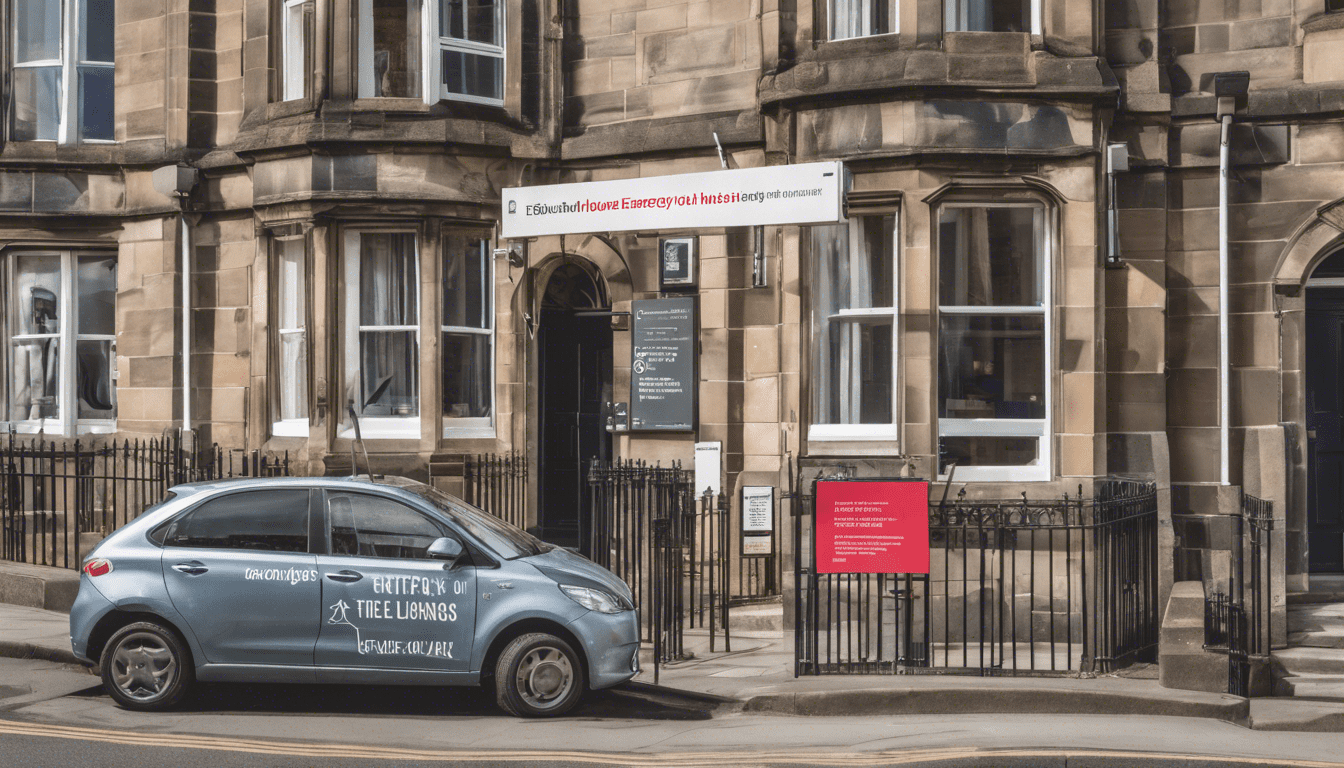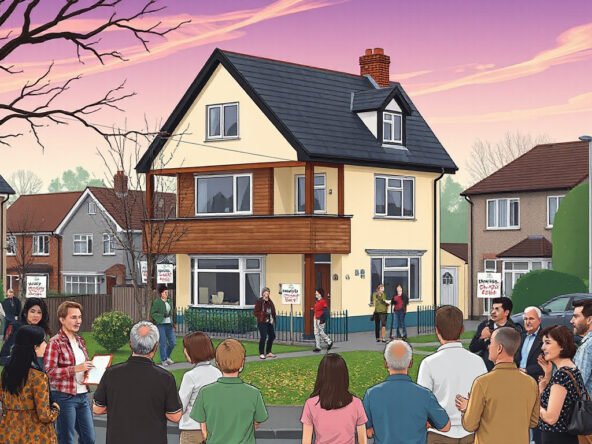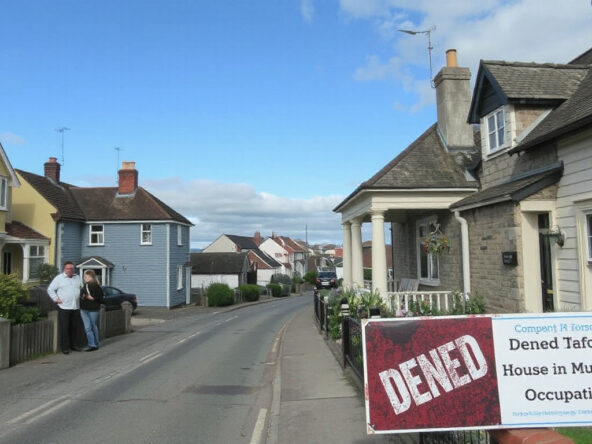Edinburgh is currently grappling with a significant homelessness crisis, which has been exacerbated by rising living costs and a shortage of affordable housing. In response, the City of Edinburgh Council has implemented emergency housing measures, utilizing local hotels and bed-and-breakfast establishments to provide temporary accommodation for those in need. Recently, the council announced plans for a licensing initiative aimed at formalizing and regulating these temporary housing options. This development is expected to create a more structured approach to managing emergency housing and could facilitate the relocation of some individuals to more suitable accommodations outside the city. The licensing scheme represents a critical effort to address the complexities of homelessness in Edinburgh, fostering a potentially sustainable model for assisting vulnerable populations.
Key Takeaways
- Edinburgh is tackling its homelessness crisis by using hotels and B&Bs for emergency housing.
- A licensing scheme for these venues aims to create a more structured approach to temporary accommodations.
- The initiative could potentially lead to relocating some homeless individuals outside of Edinburgh for better management.
Overview of Edinburgh’s Homelessness Crisis
Edinburgh is grappling with an escalating homelessness crisis, prompting the City of Edinburgh Council to implement emergency housing solutions. The council has provided hundreds of rooms in hotels and bed-and-breakfast establishments as short-term accommodation for those affected (Edinburgh Evening News, 2024). Recent proposals aim to license select venues to foster a more organized approach in managing these temporary housing options. This licensing initiative seeks to not only streamline the allocation of emergency accommodation but also explore the possibility of relocating some individuals outside of Edinburgh as part of a broader strategy to alleviate the crisis (BBC News, 2024). The emphasis on creating regulated accommodation solutions indicates a commitment to addressing the systemic issues surrounding homelessness, with hopes of promoting sustained support for vulnerable individuals in the city’s burgeoning population (The Scotsman, 2024). As discussions on this licensing scheme progress, many advocate for a holistic response that tackles the root causes of homelessness, ensuring that all citizens have access to safe and secure housing.
The Licensing Plan: Implications and Future Directions
The proposed licensing plan signifies a pivotal shift in the way temporary accommodation is managed in Edinburgh, aiming to introduce a more systematic framework that could enhance oversight and accountability. Licensing certain establishments for homeless accommodation may lead to improved standards of living for individuals residing in these facilities, placing greater emphasis on health, safety, and accessibility (Scottish Government, 2024). Furthermore, the initiative is projected to facilitate partnerships with local charities and organizations, which could offer additional support services, thereby enhancing the overall well-being of those affected by homelessness. This collaboration is essential in creating a continuum of care that extends beyond mere housing solutions, addressing mental health, addiction, and employment opportunities (Edinburgh Live, 2024). However, while the plan addresses immediate concerns, critics warn that relocating individuals outside of Edinburgh could disconnect them from vital support networks and community services, which are crucial for their recovery and reintegration into society (The Guardian, 2024). Hence, as the city navigates these developments, it is paramount to strike a balance between efficient management of temporary accommodation and maintaining the connections that foster long-term stability for the homeless population.
Please ask questions via WhatsApp, email, or direct messaging.




